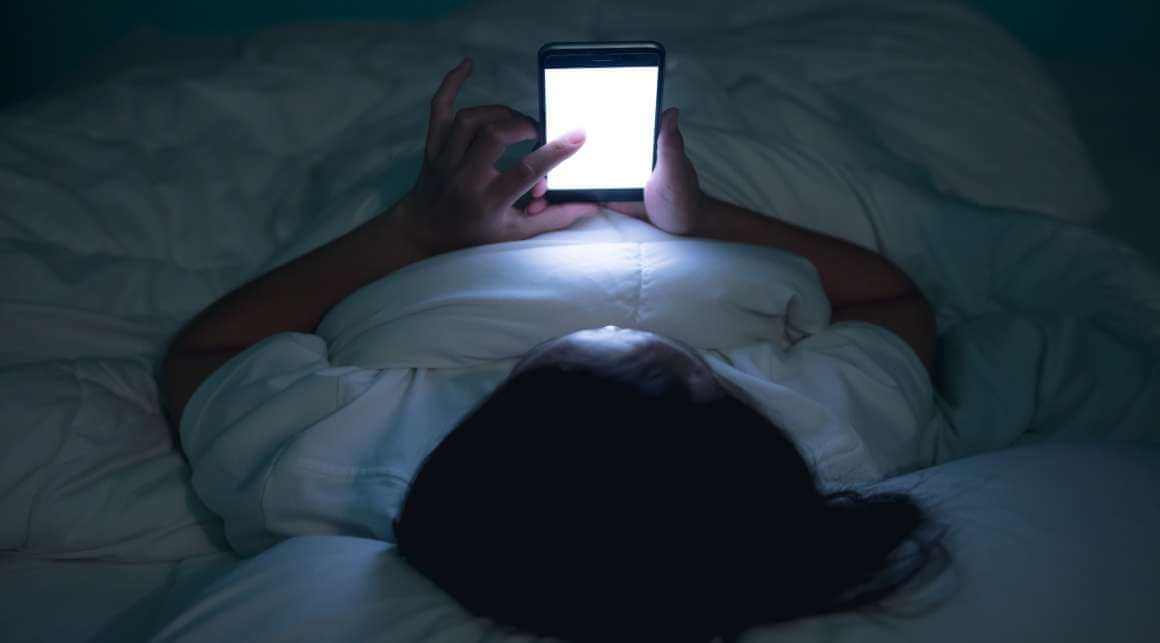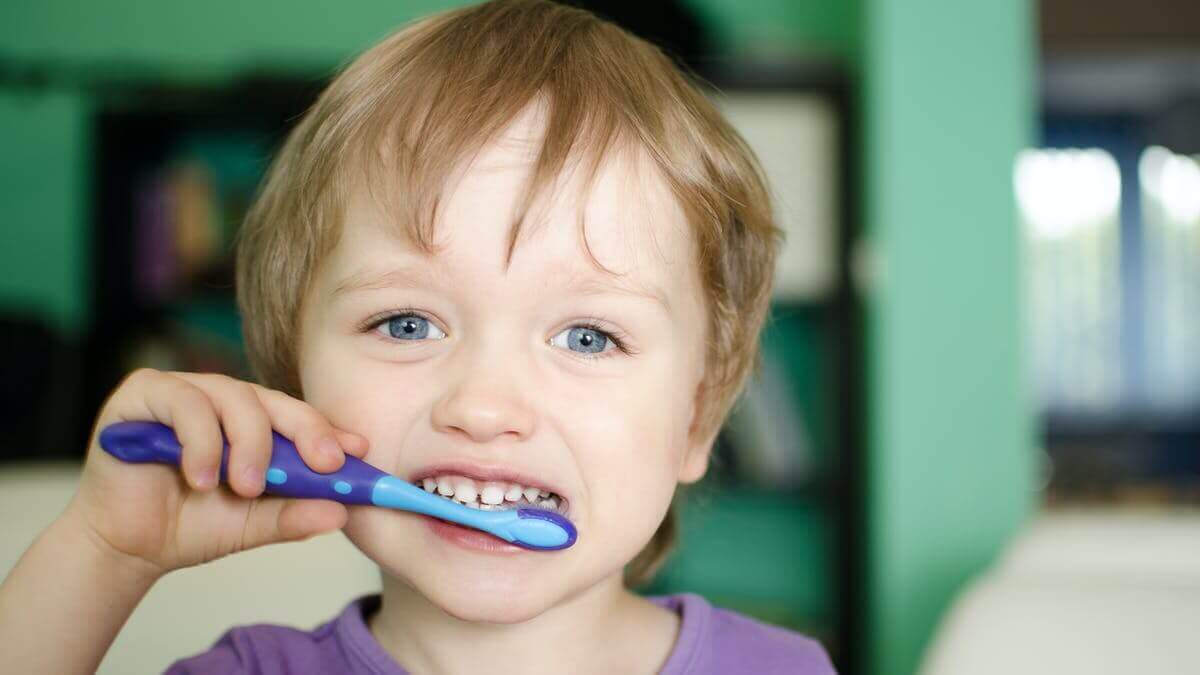Social media has impact on sleep patterns, reveals study
Thu 25 Jul 2024, 23:51:45

Concerns about the impact of social media on youth mental health have prompted the US Surgeon General to recommend a warning label for these platforms. The Surgeon General's Advisory on Social Media and Youth Mental Health pointed out possible connections between social media use and poor sleep quality in young people. In light of these concerns, what specific actions should teenagers and parents take to improve sleep?
A new national study, published in the Journal of Adolescent Health, offers insights into screen habits linked with better sleep.
"Ensuring adolescents get enough sleep is vital, as it supports their physical and mental growth and development," says lead author Jason Nagata, MD, associate professor of paediatrics at the University of California, San Francisco. "Our research found that leaving notifications on, even in silent mode, leads to less sleep compared to turning the phone off completely or keeping it outside the bedroom."
Here are some tips to improve sleep:
. Keep screens out of the bedroom: Having a TV or internet-connected device in the bedroom can lead to shorter sleep durations.
. Turn off your phone: Leaving your phone ringer on or setting notifications to silent or vibrate can disrupt sleep. Turning the phone off entirely is better. Keeping the ringer on increases the risk of sleep disturbance by 25%.
. Manage phone notifications: About 16.2% of adolescents reported being woken up by a phone call, text message, or email after going to bed within the past week.
Avoid using social media or electronic devices before bedtime. Engaging in activities such as social media, online chatting, video gaming, internet browsing, or watching movies, videos,
or TV shows while in bed has been linked to reduced sleep duration.
or TV shows while in bed has been linked to reduced sleep duration.
If you wake up at night, avoid using your phone or checking social media. In the past week, one in five adolescents admitted to using their phones or other devices after waking up during the night. This habit is linked to getting less sleep overall.
The researchers examined data from 9,398 preteens, aged 11-12, participating in the Adolescent Brain Cognitive Development Study, which is the largest long-term study on brain development and child health in the United States. The data were collected between 2018 and 2021.
The adolescents and their parents responded to questions regarding their sleep habits, while the youth were specifically asked about their screen and social media usage at bedtime. A quarter of preteens experienced sleep disturbances. Additionally, 16.2% reported being woken up by phone calls, text messages, or emails at least once in the past week, and 19.3% admitted to using their phone or another device if they woke up during the night.
"Adolescents can be extremely sensitive to phone notifications, often waking up instantly when they hear their phone," said Nagata. "Even if a phone is on silent or vibrate, adolescents may still check it overnight. Once they start reading or responding to messages, they can become more alert and activated."
"Adolescent development is a challenging time for many given the social pressures and physical, psychological, and emotional changes that occur," said co-author, Kyle T. Ganson, PhD, assistant professor at the University of Toronto's Factor-Inwentash Faculty of Social Work. "Understanding this process and being present to support youth in their social media use is crucial."
No Comments For This Post, Be first to write a Comment.
Most viewed from Health
AIMIM News
Latest Urdu News
Most Viewed
May 26, 2020
Do you think Canada-India relations will improve under New PM Mark Carney?
Latest Videos View All
Like Us
Home
About Us
Advertise With Us
All Polls
Epaper Archives
Privacy Policy
Contact Us
Download Etemaad App
© 2025 Etemaad Daily News, All Rights Reserved.






























